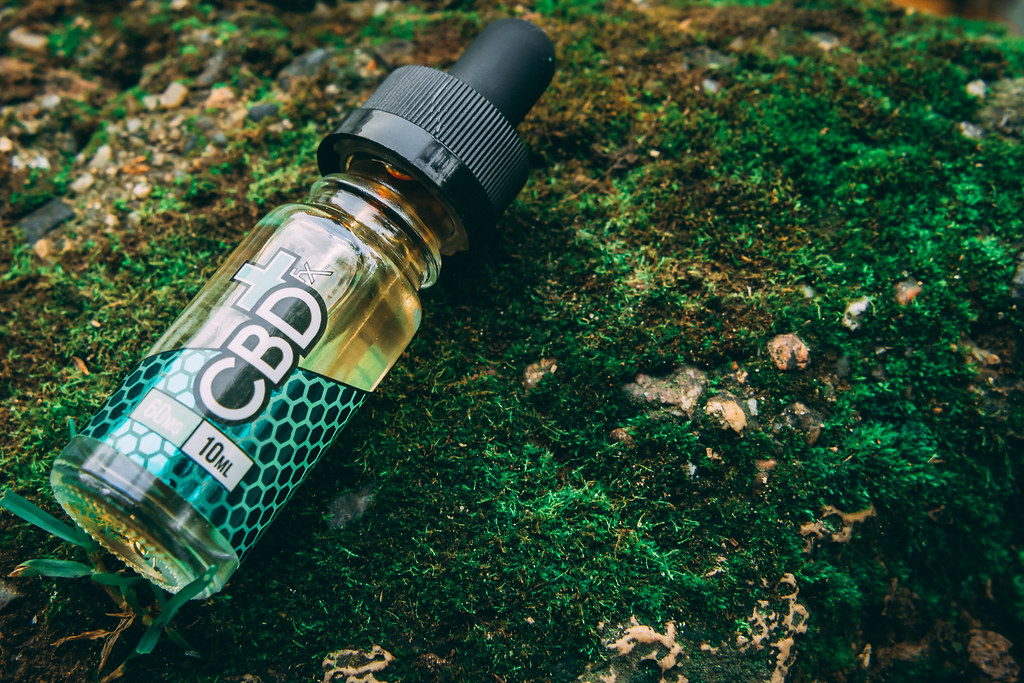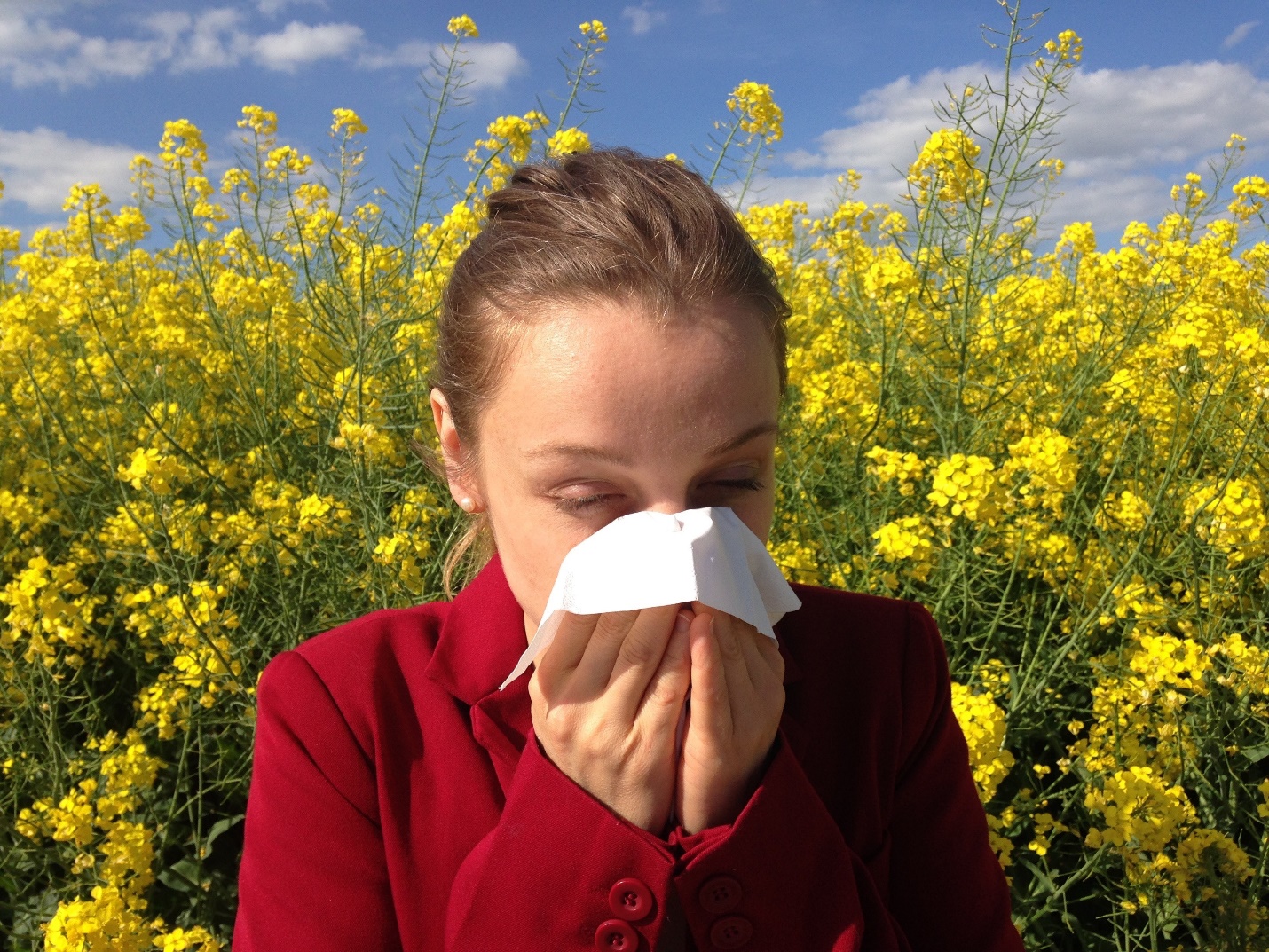 With lots of people knowing more about CBD oil, questions such as can it bring about allergies are beginning to emerge. This is natural as people who want to cure their insomnia or back pain are curious about whether cannabidiol products can cause an adverse reaction in the body. Read more about CBD in this here: https://www.health.com/condition/pain/what-is-cbd.
With lots of people knowing more about CBD oil, questions such as can it bring about allergies are beginning to emerge. This is natural as people who want to cure their insomnia or back pain are curious about whether cannabidiol products can cause an adverse reaction in the body. Read more about CBD in this here: https://www.health.com/condition/pain/what-is-cbd.
Some people begin to show symptoms of allergies such as itching, coughing, watery eyes, and sniffling while taking different types of CBD products. On the other hand, dander, pollen, and certain types of food can also cause an allergic reaction. This all depends on a person’s body, whether cannabidiol is right for him or her.
Pollen and Hemp
In rare cases, pollen in the harvested hemp can cause allergic reactions to a person with pre-existing tendencies to react negatively to allergens. Most male hemp plants are the ones with a lot of pollen on them. The female ones commonly used for cannabidiol produce much less pollen and are unlikely to be the cause of allergen exposure.
A Good Look of CBD Oil
CBD or cannabidiol is a component of the cannabis plant that has a lot of benefits. It can reduce anxiety, inflammation, seizures, and pain in many people. It is safe for both human and animal consumption; that’s why it is a top-rated product.
Although there’s still room for in-depth research about its effectiveness and side effects, the current studies about cannabidiol are doing great. The Food and Drug Administration even approved an oral solution called Epidiolex in 2008. This drug is used to treat the Lennox-Gastaut and Dravet syndromes.
Where the Allergy Starts
If this is your first-time taking CBD, you need to read the other ingredients that are included. There are carrier oils mixed into the product so that the body can better absorb the product. Some of the carriers include olives, coconuts, or grapeseed. You can read more about this when you look at this link and get more information. Note that other ingredients included in the package can cause allergies for many people as well.
When the bodies encounter a foreign substance for the first time, it will determine whether this is an invader that needs to be destroyed or a harmless molecule passing by. The immune system attacks the microorganisms that it deems a threat. Some of the typical results of this attack are an itchy and runny nose. However, in extreme cases, some patients may experience a condition called anaphylaxis.
CBD Helps with Allergies

Exciting findings and research found out that cannabis has healing properties that help with allergies. Although cannabis is related to marijuana, the main difference is that it contains little to no THC, a psychoactive compound found in weed. The concentration in hemp is less than 0.03% while on marijuana, THC is more than 30%. This means that the oil can be a perfect way to explore the benefits of cannabis while not worrying about getting high.
If you have allergies, the good news is that the right product will give your immune system the defense that it needs. Your body responds better to foreign substances, and this is further enhanced by cannabidiol. However, note that you should not use the oil as a form of emergency intervention in cases where you are experiencing an acute allergic reaction.
In most cases, the oil will work on the endocannabinoid system, responsible for maintaining the balance inside the body. The process of homeostasis supports the regulation of optimum health, and CBD reinforces this. The CBD consumed will help with the production of these healing receptors since the ECS helps in releasing natural cannabinoids.
Some studies found out that cannabidiol can prevent the body from releasing too many histamines. The immune system sends out histamines to combat foreign substances that enter the body. Since there’s an inhibitor for the histamines, the common symptoms of the allergy, such as coughing, sneezing, watery eyes, and itchiness can be reduced.
In addition to this, CBD is known to prevent inflammation, and this can be an invaluable trait. For a person with allergies, the absence of inflammation can reduce bumps, red spots, irritation, and swelling. The lack of these can’t trigger further production of histamines.
Leave a Reply